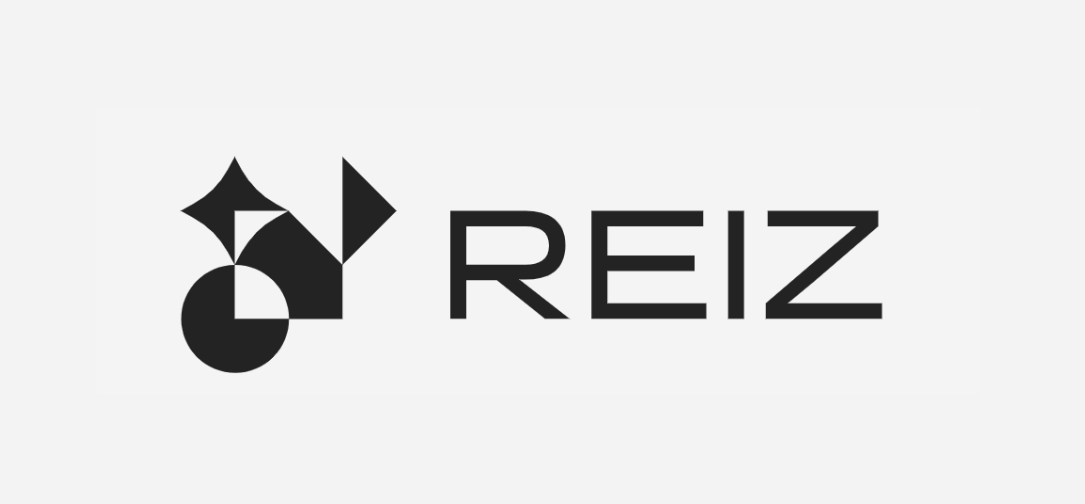As the impact of the pandemic-induced rise in costs still echoes in the tech industry, businesses are switching from laser focus on growth, to cost-efficiency strategies.
During the COVID-19 pandemic, high inflation and interest rates, disruption in supply chains, and geopolitical tensions drove up costs across a plethora of industries. The dependency on limited supply forced some companies to massively increase their spend, while others had to hold off on investment and digitalization plans. With the global economy now stabilizing, companies are hesitant to continue paying the same prices as they did during the pandemic, prompting them to review the budgets currently allocated for their IT operations.
According to Giedrius Gustas, Data Lead at Reiz Tech, an end-to-end IT solutions provider, during the pandemic, most costs rose approximately 30-40%, and continued growing up to last year. Now that the covid crisis is over, companies are hesitant to invest as much as they had to when supplies were limited.
“Companies are looking for ways to cut costs throughout their entire organizations, including optimizing costs, looking at what can be automated, renegotiating supplier contracts, and diversifying supply chains,” Gustas shared. “The market today belongs to the customer, who, at the moment, is shopping for solutions that come with significant value offerings as well as a discount.”
This mindset shift has led to new outsourcing models of IT services emerging in the market. To improve operational flexibility, IT solutions providers have started exploring strategic partnerships and mergers to consolidate resources, reduce overheads, and meet the demands of customers.
“Outsourcing strategies have adapted to new economic realities. One example would be the rise in joint ventures among IT solutions providers. The shared economic risk enables them to offer more flexible collaboration models, which fit well with their cost-optimization goals. Likewise, if the business entity is not profitable, it may be easier to dissolve and regroup, than to do so with an already well-established organization.”
While cost savings in the short term can provide the necessary financial flexibility, operating within a lower budget may increase the number of errors a company has to address.
“CFOs and other financial decision-makers are often willing to accept a higher than usual number of discrepancies as an acceptable tradeoff for significant cost savings. However, focusing on achieving immediate financial benefits through lower costs, rather than making long-term investments, may do more damage than good,” Gustas said.
“The economy moves in cycles, so the main challenge here will be picking the right trade-offs and making sure they are non-critical and won’t stagnate further growth, once the economic mood changes,” he summarized.
About Reiz Tech:
Reiz Tech is a provider of comprehensive end-to-end IT solutions, dedicated to understanding client needs and empowering businesses to achieve their full potential. The company offers a range of services including custom software development, data management, low-code development, and digital transformation strategies. By focusing on innovation and quality, Reiz Tech supports businesses in achieving their operational and strategic goals, ensuring they remain competitive in the ever-evolving digital landscape.































